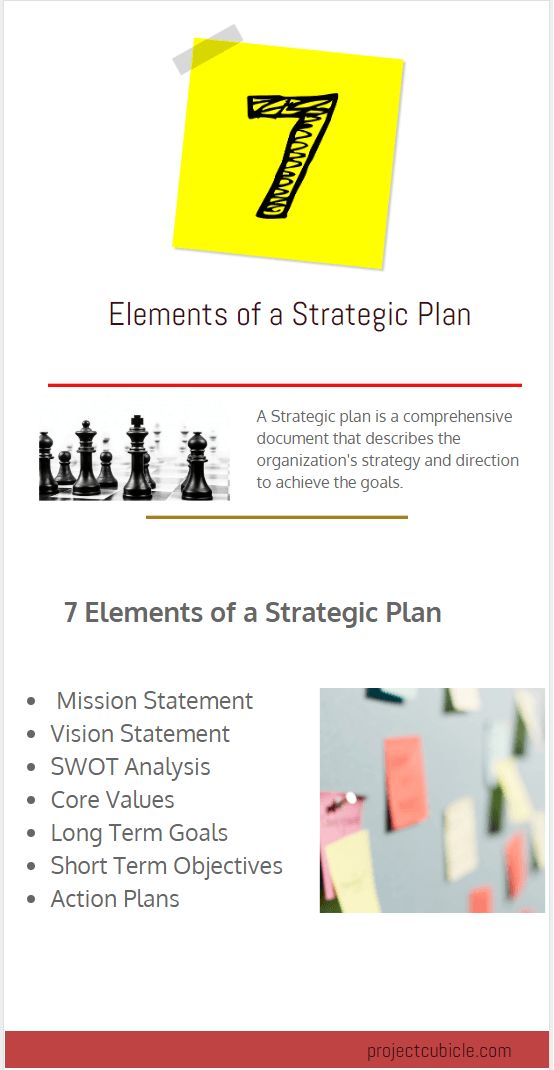Strategic management is crucial to the success of any business. It involves setting objectives, formulating a strategy, implementing the strategy, and monitoring and evaluating the results. In today’s competitive business environment, companies must have a clear strategic plan to stay ahead of the competition. Here are 8 strategic management examples that can help your business succeed.
SWOT Analysis
One of the most common strategic management examples is the SWOT analysis. It stands for Strengths, Weaknesses, Opportunities, and Threats. A SWOT analysis helps you assess your company’s strengths and weaknesses, identify potential opportunities for growth and expansion, and recognize possible threats.
Porter’s Five Forces Model
Another strategic management example is Porter’s Five Forces Model. It helps you analyze the competitive forces in your industry that affect your business. The model includes five forces: the threat of new entrants, the threat of substitute products or services, the bargaining power of customers, the bargaining power of suppliers, and the intensity of competitive rivalry.
Balanced Scorecard
The balanced scorecard is a strategic management example that helps you track your company’s performance in four key areas: financial, customer, internal business processes, and learning and growth. By measuring performance in each of these areas, you can identify areas for improvement and make necessary changes to stay on track.
Blue Ocean Strategy
The Blue Ocean Strategy is a strategic management example that encourages businesses to create new markets rather than competing in existing ones. The idea is to create a “blue ocean” of uncontested market space where your business can thrive without facing direct competition.
Ansoff Matrix
The Ansoff Matrix is a strategic management example that helps you identify new growth opportunities for your business. It includes four growth strategies: market penetration, market development, product development, and diversification. By using the matrix, you can determine which growth strategy is most appropriate for your business.
Lean Management
Lean management is a strategic management example that focuses on reducing waste and increasing efficiency. It involves streamlining processes, eliminating unnecessary steps, and improving productivity. By implementing lean management practices, you can reduce costs, improve quality, and increase customer satisfaction.
Customer Relationship Management (CRM)
Customer relationship management is a strategic management example that helps you manage your company’s interactions with customers. It involves using technology to track customer behavior, preferences, and needs, and using that information to improve customer satisfaction and sales.
You might find these FREE courses useful
- Top Essentials Of Management And Strategic Planning Courses – Learn Essentials Of Management And Strategic Planning Online
- Strategic Management Certificate | IIM Kozhikode | Coursera
- Essentials of Management and Strategic Planning
- Strategic Management – Capstone Project
Innovation Management
Innovation management is a strategic management example that focuses on creating new products, services, or processes that can help your business stay ahead of the competition. By encouraging innovation and creativity, you can develop unique offerings that set your business apart and attract customers.
In conclusion, strategic management is essential for business success. By using these strategic management examples, you can assess your business’s position in the market, identify growth opportunities, and develop a clear strategy for success. Whether you are a small business owner or a large corporation, implementing these strategies can help you stay ahead of the game and achieve your goals.
